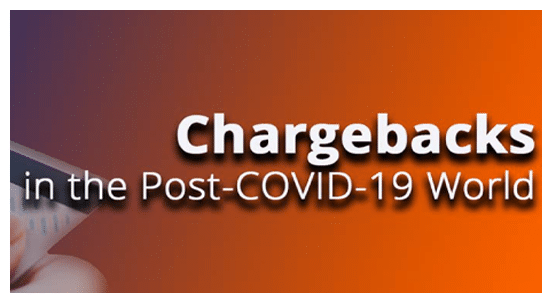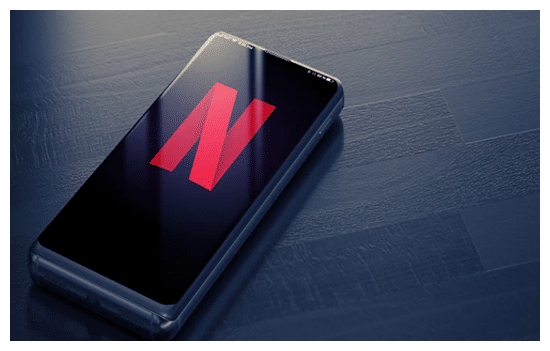Menu

MyChargeBack hosted its inaugural webinar on August 25 to a standing-roomonly audience. Hosted by Eli Waldman, our Director of Recovery Services, thewebinar focused on “Chargebacks in the Post-COVID-19 World.” Eli began by explaining what exactly chargebacks are and the different categories they fall under. Seventy percent of chargebacks, for example, aregranted due to unauthorized transactions, also known as fraud. That includes, for example, purchases made using stolen credit cards or compromise daccounts. The remaining 30 percent of chargebacks involve authorized transactions for goods or services that were not delivered as contracted.
Even before the COVID-19 pandemic began, statistical evidence shows that card-not-present transactions are growing while in-house transactions have beenfalling. That was due, of course, to online shopping. But the COVID-19 pandemichas sped up the purchasing evolution that was already underway.The coronavirus has forced many companies out of business, while many others, including banks and call centers, have been forced to radically adapt. While pushing ecommerce, the pandemic also disrupted customer service.The result of all the ongoing changes, accelerated by the pandemic, has been asurge of chargebacks at just the time that banks are least able to process them. Banks find themselves understaffed, with many of the remaining employees working from home doing unfamiliar tasks. Our thanks to Eli Waldman for an informative and interesting talk. We look forward to future webinars to cover more topics of interest and critical importanceto you. Stay tuned! We’re at work preparing additional webinars. In themeanwhile, if you missed this one, you can see it

Even before the COVID-19 pandemic began, statistical evidence shows that card-not-present transactions are growing while in-house transactions have beenfalling. That was due, of course, to online shopping. But the COVID-19 pandemichas sped up the purchasing evolution that was already underway.The coronavirus has forced many companies out of business, while many others, including banks and call centers, have been forced to radically adapt. While pushing ecommerce, the pandemic also disrupted customer service.The result of all the ongoing changes, accelerated by the pandemic, has been asurge of chargebacks at just the time that banks are least able to process them. Banks find themselves understaffed, with many of the remaining employees working from home doing unfamiliar tasks. Our thanks to Eli Waldman for an informative and interesting talk. We look forward to future webinars to cover more topics of interest and critical importanceto you. Stay tuned! We’re at work preparing additional webinars. In themeanwhile, if you missed this one, you can see it

Cointelegraph, the world’s leading independent digital news site focusing on cryptocurrency, blockchain technology and emerging fintech trends, quoted MyChargeBack in this month’s magazine as an authority on crypto scams:
“There’s nothing much new under the sun,” says Michael Cohen, Vice President of Operations at MyChargeBack, an American company that deals with retail crypto crimes. “You don’t have to be Dr Evil to scam someone via cryptocurrency. You can be a Mini Me… The common denominator of all of them is a tremendous amount of inexperience on the side of the consumer,” says Cohen.

“The Netflix email scam refers to a supposed billing problem that resulted froma failure to verify a client’s personal details. As a result, the email advises usersto update their details within 24 hours. Failing to do so would result in the cancellation of the subscription.”
Cactil is registered with the Information Commissioner’s Office in Respect of the Data Protection Act 2018, Number: ZA664835. The office address of Cactil LLC is 1441 Broadway, 3rd Floor, PMB #3111, New York, NY 10018.
MyChargeBack regards phishing and spoofing attempts against our clients very seriously. We advise you to verify that the email you receive from MyChargeBack is indeed sent from mychargeback.com. If you are sent any type of communication carrying our name that looks suspicious, please forward a copy to us at [email protected]